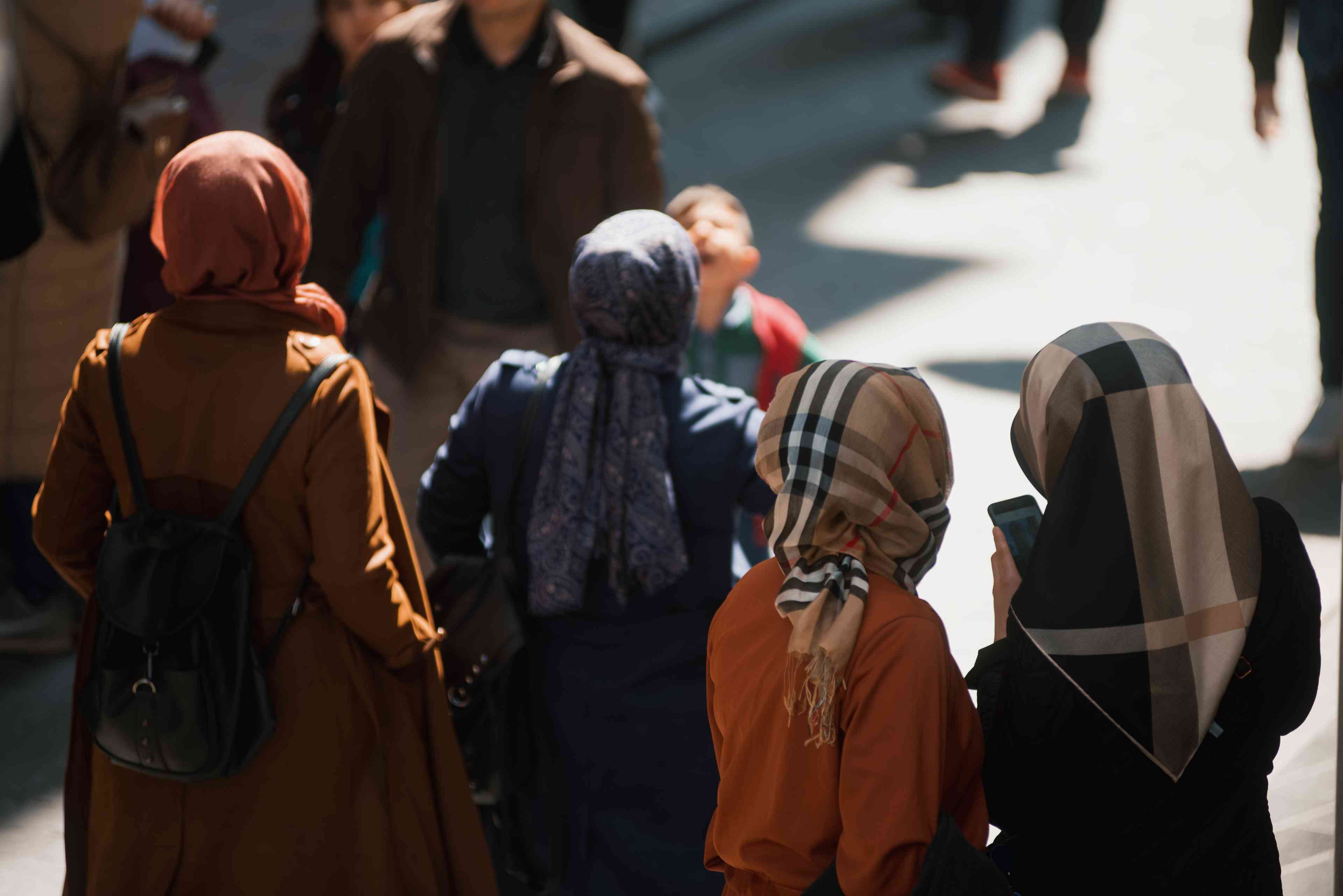‘Mini Iran’ in Texas? Muslim Neighbourhood plan in Texas sparks outrage
A proposed Muslim residential community in Texas has ignited widespread controversy, drawing sharp criticism from political leaders and sparking a heated public debate. The project has become a flashpoint for broader cultural and political tensions over religion, identity, and immigration in the U.S.


A proposed plan to establish a Muslim neighborhood in the heart of Texas has sparked significant controversy and backlash from both local residents and political leaders. The project, which aims to house approximately 1,000 people with a mosque at its center, has drawn sharp criticism from Texas Governor Greg Abbott, who has publicly denounced the initiative multiple times over recent weeks.
“This is Texas. Sharia law is not allowed here,” Governor Abbott declared on his social media platforms, as reported by The New York Times on Sunday. Abbott has posted about the issue at least 11 times in recent weeks, raising concerns that the project’s developers may have violated federal laws regarding fair housing and financial practices. He also accused the East Plano Islamic Center (EPIC), the organization behind the initiative, of conducting illegal funeral services—an allegation EPIC has not publicly addressed.
The East Plano Islamic Center, which has operated in Texas for over 20 years, is leading the development and describes the project as a community-driven initiative aimed at serving local Muslim families. According to EPIC officials, around 500 individuals—most of them Muslims—have each invested approximately $80,000 into the project, intending to eventually purchase plots of land for residential construction.
Initially, the plan drew little attention. However, since Governor Abbott’s vocal opposition, the issue has gained widespread media coverage and public debate. Thousands of citizens have joined the wave of criticism, describing the project as a "cultural threat" and an "assault on Texas identity." Concerns have escalated from cultural tension to outright fearmongering in some political circles.
Krista Schild, a Republican representative from Hunt County, expressed her strong opposition during a public discussion on the matter. “I know exactly what this means—honor killings, stonings, child marriages to older men,” she warned, referencing practices associated with radical interpretations of Islamic law. Critics argue her comments fuel Islamophobia and rely on harmful stereotypes.
Despite the growing backlash, supporters of the project insist it is a legal and peaceful effort to build a community that reflects their values and provides much-needed housing. The controversy, however, continues to highlight the deep political and cultural divisions surrounding religion, immigration, and identity in the United States.
Join our newsletter to receive updates on new articles and exclusive content.
We respect your privacy and will never share your information.
Stay Connected With Us
Follow our social channels for breaking news, exclusive content, and real-time updates.
WhatsApp Updates
Join our news group
Follow on X (Twitter)
@JFeedIsraelNews
Follow on Instagram
@jfeednews
Never miss a story - follow us on your preferred platform!